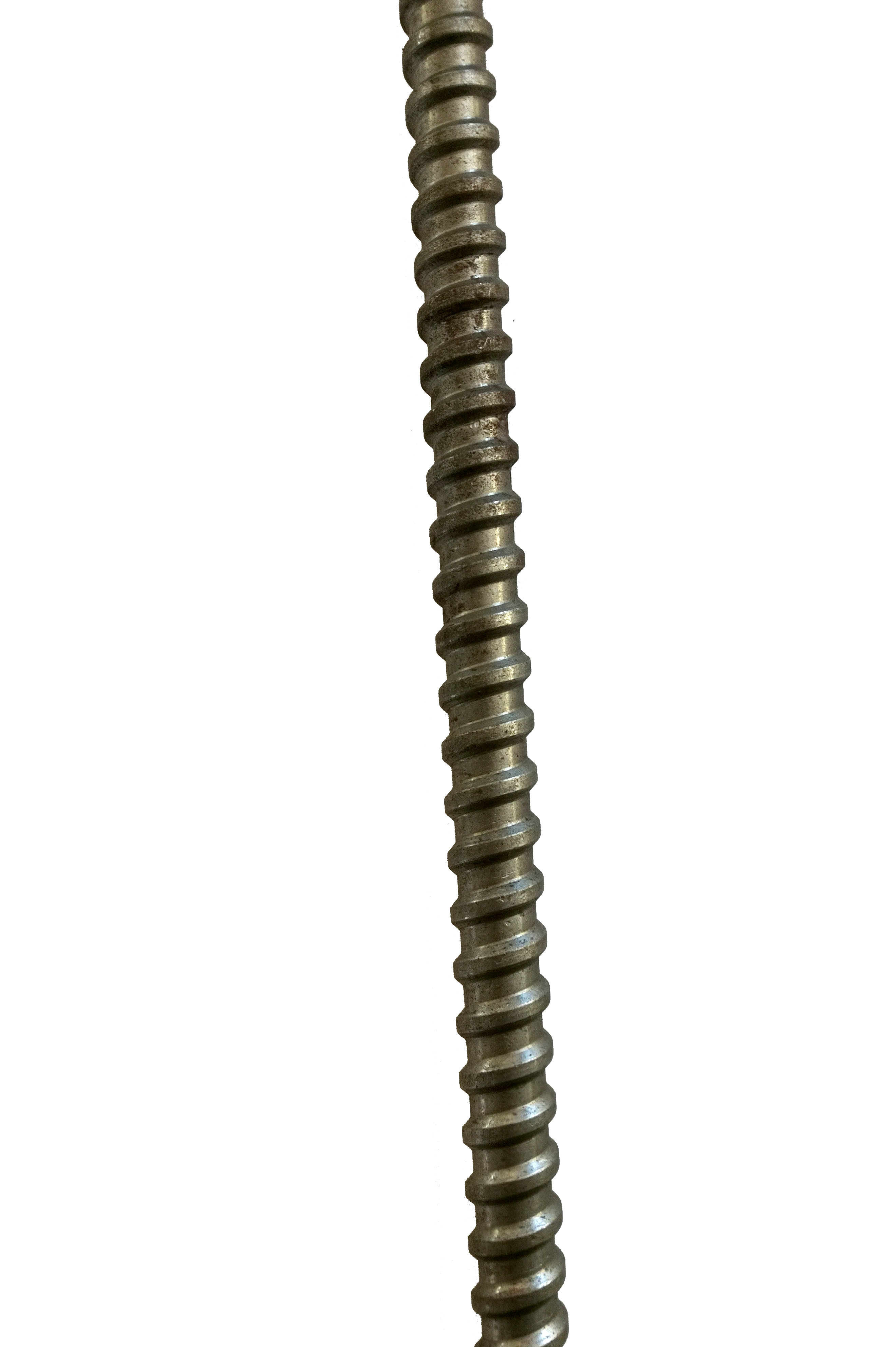
-
 Afrikaans
Afrikaans -
 Albanian
Albanian -
 Amharic
Amharic -
 Arabic
Arabic -
 Armenian
Armenian -
 Azerbaijani
Azerbaijani -
 Basque
Basque -
 Belarusian
Belarusian -
 Bengali
Bengali -
 Bosnian
Bosnian -
 Bulgarian
Bulgarian -
 Catalan
Catalan -
 Cebuano
Cebuano -
 Corsican
Corsican -
 Croatian
Croatian -
 Czech
Czech -
 Danish
Danish -
 Dutch
Dutch -
 English
English -
 Esperanto
Esperanto -
 Estonian
Estonian -
 Finnish
Finnish -
 French
French -
 Frisian
Frisian -
 Galician
Galician -
 Georgian
Georgian -
 German
German -
 Greek
Greek -
 Gujarati
Gujarati -
 Haitian Creole
Haitian Creole -
 hausa
hausa -
 hawaiian
hawaiian -
 Hebrew
Hebrew -
 Hindi
Hindi -
 Miao
Miao -
 Hungarian
Hungarian -
 Icelandic
Icelandic -
 igbo
igbo -
 Indonesian
Indonesian -
 irish
irish -
 Italian
Italian -
 Japanese
Japanese -
 Javanese
Javanese -
 Kannada
Kannada -
 kazakh
kazakh -
 Khmer
Khmer -
 Rwandese
Rwandese -
 Korean
Korean -
 Kurdish
Kurdish -
 Kyrgyz
Kyrgyz -
 Lao
Lao -
 Latin
Latin -
 Latvian
Latvian -
 Lithuanian
Lithuanian -
 Luxembourgish
Luxembourgish -
 Macedonian
Macedonian -
 Malgashi
Malgashi -
 Malay
Malay -
 Malayalam
Malayalam -
 Maltese
Maltese -
 Maori
Maori -
 Marathi
Marathi -
 Mongolian
Mongolian -
 Myanmar
Myanmar -
 Nepali
Nepali -
 Norwegian
Norwegian -
 Norwegian
Norwegian -
 Occitan
Occitan -
 Pashto
Pashto -
 Persian
Persian -
 Polish
Polish -
 Portuguese
Portuguese -
 Punjabi
Punjabi -
 Romanian
Romanian -
 Russian
Russian -
 Samoan
Samoan -
 Scottish Gaelic
Scottish Gaelic -
 Serbian
Serbian -
 Sesotho
Sesotho -
 Shona
Shona -
 Sindhi
Sindhi -
 Sinhala
Sinhala -
 Slovak
Slovak -
 Slovenian
Slovenian -
 Somali
Somali -
 Spanish
Spanish -
 Sundanese
Sundanese -
 Swahili
Swahili -
 Swedish
Swedish -
 Tagalog
Tagalog -
 Tajik
Tajik -
 Tamil
Tamil -
 Tatar
Tatar -
 Telugu
Telugu -
 Thai
Thai -
 Turkish
Turkish -
 Turkmen
Turkmen -
 Ukrainian
Ukrainian -
 Urdu
Urdu -
 Uighur
Uighur -
 Uzbek
Uzbek -
 Vietnamese
Vietnamese -
 Welsh
Welsh -
 Bantu
Bantu -
 Yiddish
Yiddish -
 Yoruba
Yoruba -
 Zulu
Zulu
thread rolling machine working pricelist
Understanding Thread Rolling Machines A Guide to Working and Pricing
Thread rolling machines are vital tools in the manufacturing sector, primarily designed to create threads on various materials such as metal and plastic. These machines employ a process known as cold forming, where the material is shaped without exceeding its recrystallization temperature. This method is not only efficient but also leads to improved material properties and strong thread profiles, making it a popular choice over traditional cutting methods.
How Thread Rolling Machines Work
The operation of thread rolling machines is relatively straightforward, yet efficient. At its core, the machine uses two or more dies that form threads by compressing the workpiece material through a series of rolling motions. The process begins with loading unthreaded bars or rods into the machine. As these materials pass between the dies, they are gradually shaped into threaded profiles. The dies can be customized based on the required thread specifications, such as pitch, size, and depth.
The primary advantage of thread rolling is that it produces threads with better tensile strength and fatigue resistance compared to cut threads. This is due to the cold-working effect, which enhances the flow properties of the material. Additionally, the waste material is minimal because rolling does not require cutting excess material; thus, it is a more sustainable manufacturing option.
Types of Thread Rolling Machines
There are various types of thread rolling machines available, each designed for specific applications and industries. Some of the most common types include
thread rolling machine working pricelist

1. Flat Die Rolling Machines Ideal for producing standard threads, these machines use flat dies and are often used for batch production. 2. Circular Die Rolling Machines Used for continuous production, these machines employ circular dies and are suited for high-volume manufacturing. 3. Spline Rolling Machines Designed for producing spline threads, which are crucial in automotive and aerospace applications.
Pricing Considerations
The pricing of thread rolling machines can vary significantly based on several factors, including the machine's specifications, brand, features, and production capacity. On average, basic models can start around $10,000, while more advanced systems with automated features and higher throughput capabilities can exceed $100,000. When determining the budget for a thread rolling machine, manufacturers should consider not only the initial investment but also operating costs, maintenance, and potential ROI.
It is essential to evaluate your specific production needs when selecting a thread rolling machine. Companies should consider factors such as the material type, thread specifications, production volume, and available space in their facility. Additionally, consulting with manufacturers or distributors can provide valuable insights into the best machine for your needs while keeping costs manageable.
Conclusion
Thread rolling machines represent a crucial advancement in manufacturing technology, allowing for the efficient and effective production of strong threaded components. By understanding their operation, types, and associated pricing, manufacturers can make informed decisions that align with their production requirements and budgetary constraints. Investing in the right thread rolling machine not only enhances productivity but also contributes to the overall quality of the final product, ensuring competitiveness in today's demanding market.
